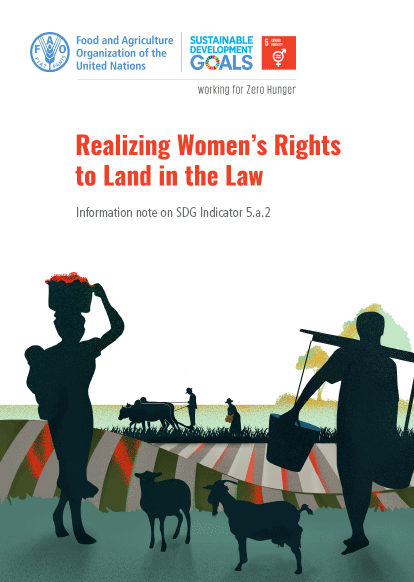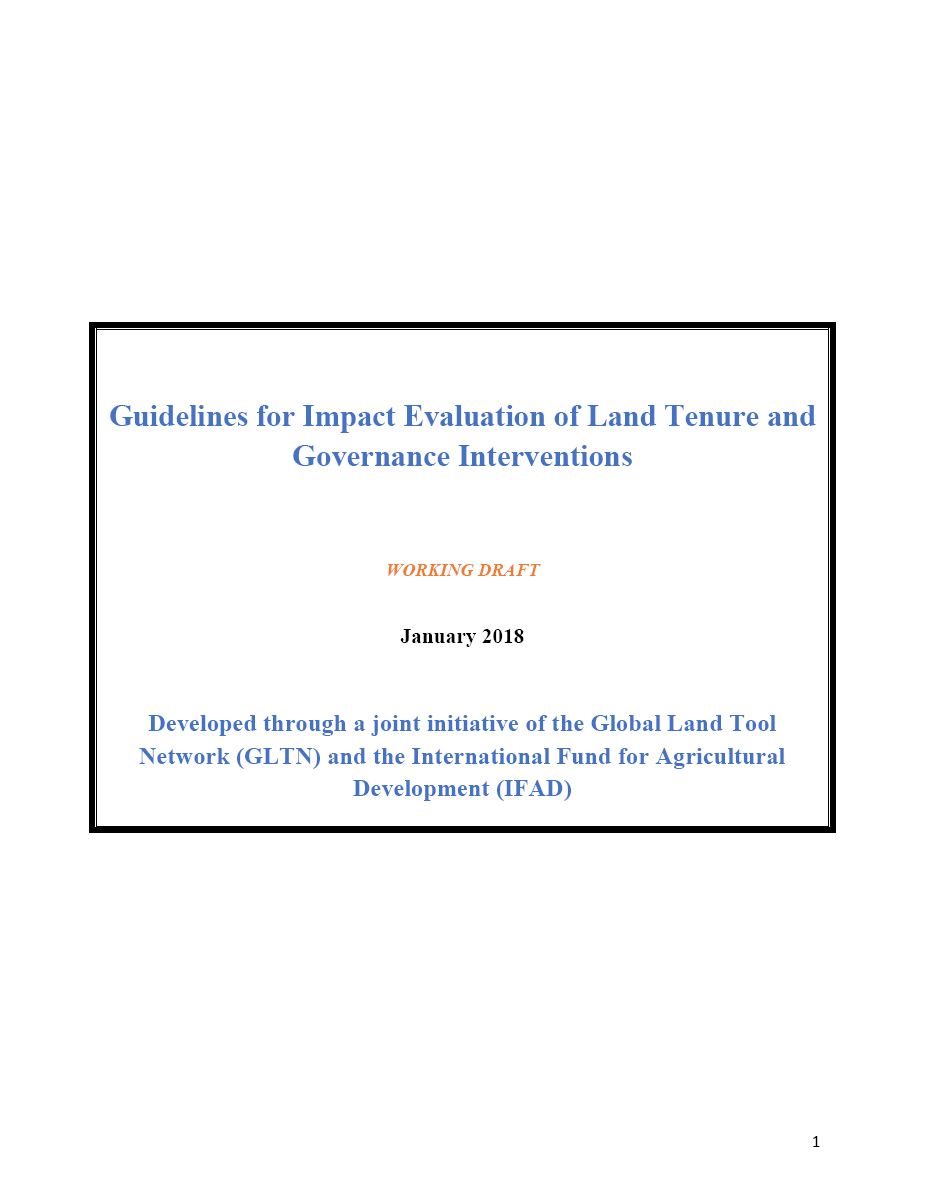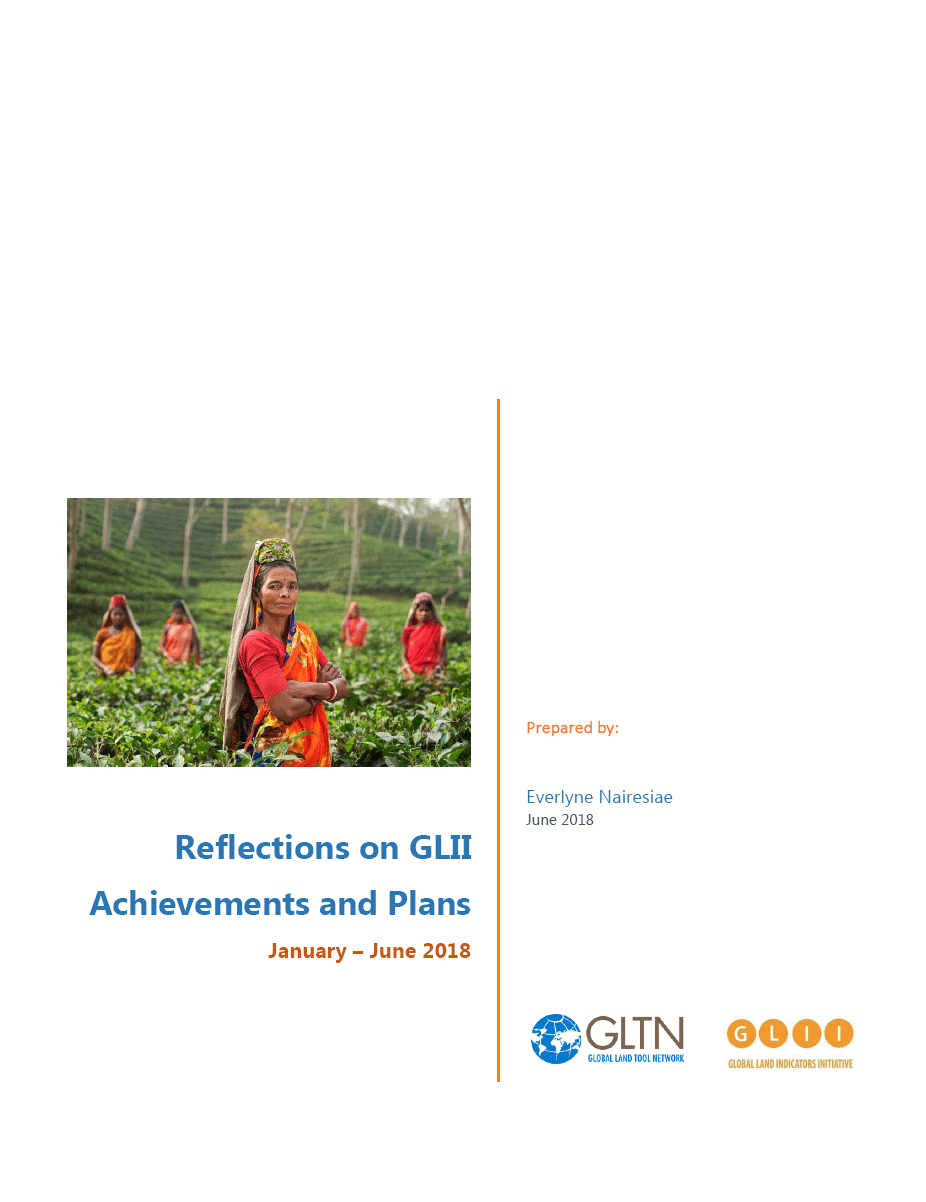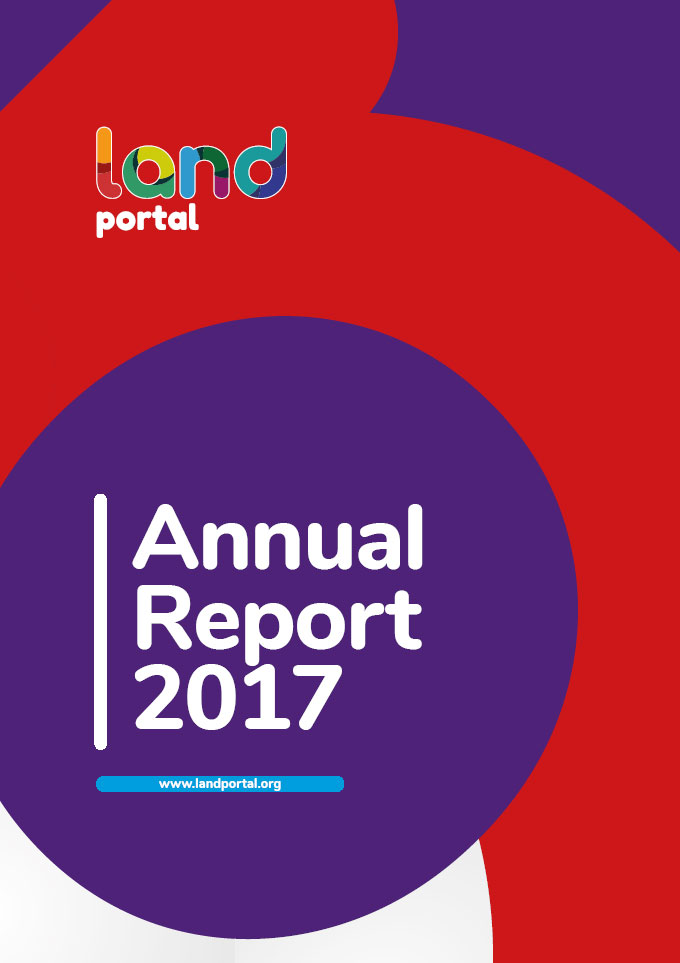Cultivating Inequality (Review of Ikuko Okamoto's "Economic Disparity in Rural Myanmar" )
A Japanese study illustrates how farmers created an agricultural market in spite of the military government’s bureaucrats...
"Economic Disparity in Rural Myanmar" by Ikuko Okamoto. National University of Singapore Press, 2008...
"THE devastation caused by Cyclone Nargis and spiraling global food prices have placed even more pressure on the agricultural sector of Burma, once the world’s largest rice exporter and potentially one of Asia’s most prodigious producers of agricultural staples.








